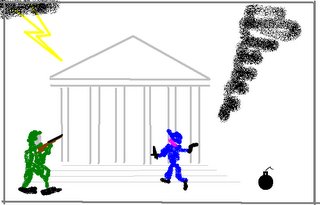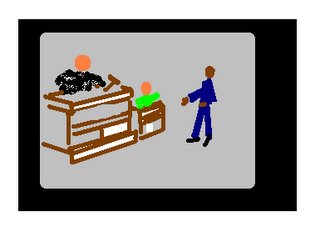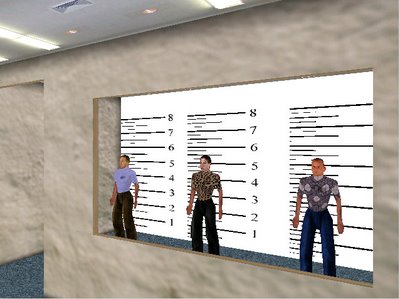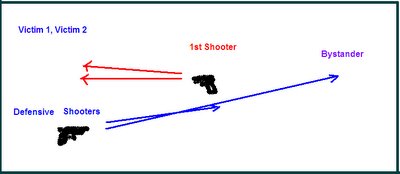The Senate Committee on Health, Education, Labor, and Pensions held a hearing, Medical Liability: New Ideals for Making the System Work Better for Patients on June 22. The following witness statements are available online:
- David Studdert, Associate Professor of Law and Public Health, Department of Health Policy and Management, Harvard University School of Public Health -- Outlines "a series of problems with the performance of the medical liability system," presents "findings from a recent study by [his] research group," and discusses "some promising reforms, including ones currently before Congress, and their potential impact."
- Philip Howard, Founder and Chair, Common Good -- Advocates demonstration projects of administrative health courts. These courts would have administrative law judges who would specialize in health cases; neutral experts to advise the courts; a schedule to determine noneconomic damages; a "liberalized standard of recovery based on whether the injury should have been avoidable"; transparent procedures designed to resolve claims with minimal time and legal cost; connection to a regulatory department.
- William M. Sage, Professor of Law, Columbia Law School --
The existing malpractice system potentially compromises access to health care, reduces its quality, and increases its cost for three principal reasons. First, there is a two-sided mismatch between actual negligence and the threat or event of litigation. Many claims turn out not to be justified, but rates of medical error are disturbingly high, and most avoidable injuries go uncompensated.
Second, the process for resolving disputes is appalling. * * *
Third, conventional malpractice litigation, and conventional malpractice insurance, focus on individual physicians rather than the systems of care in which they practice. * * * - Richard Boothman, Chief Risk Officer, University of Michigan Health System -- Describes the University of Michigan's experience with changes in its claims processing.
In twenty two years of practice, not a single client ever asked me what they could learn from the cases I handled for them. Driven by that realization, I was convinced that the University could not only save money in the short run through smarter claims management, but reduce future patient claims by learning from our patients’ complaints.
- Susan E. Sheridan, Co-Founder, President, Consumers Advancing Patient Safety (CAPS) -- Recounts her family's experience with two significant medical errors and the resulting litigation.
- Cheryl Niro, American Bar Association, Standing Committee on Medical Professional Liability -- Opposes "health courts"; supports mediation, negotiated settlements when they are voluntary.
- Neil Vidmar, Russell M. Robinson II Professor of Law, Duke University School of Law -- presenting results of empirical research, challenges medical malpractice "myths"; opposes administrative health courts.

Filed in: legislation, med-mal, tort-reform, empirical-studies, apologies, mediation, negotiation, settlements, health-courts, administrative-health-courts, Studdert, Howard, Sage, Boothman, Sheridan, Niro, Vidmar, ABA
Graphic by mw.









